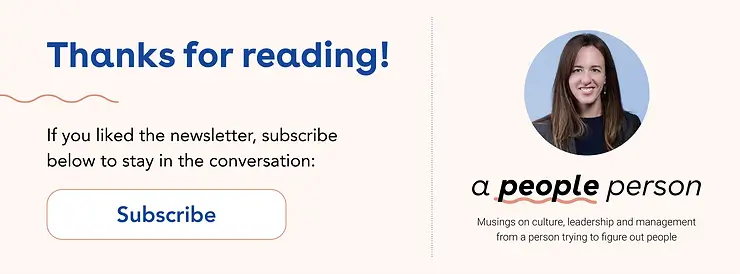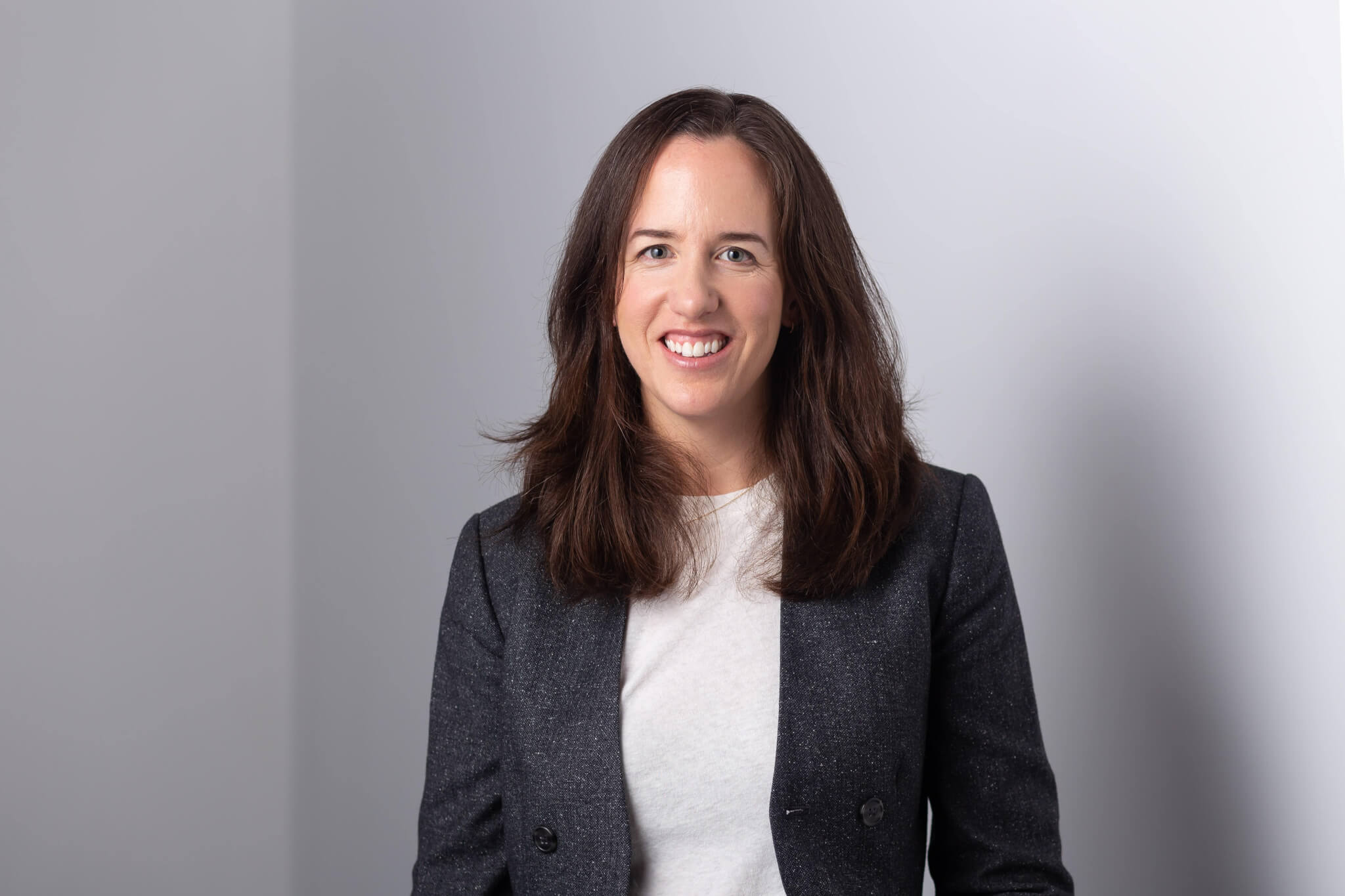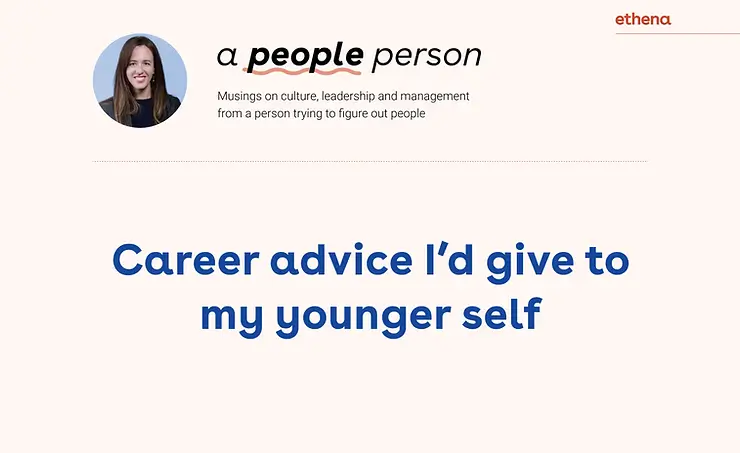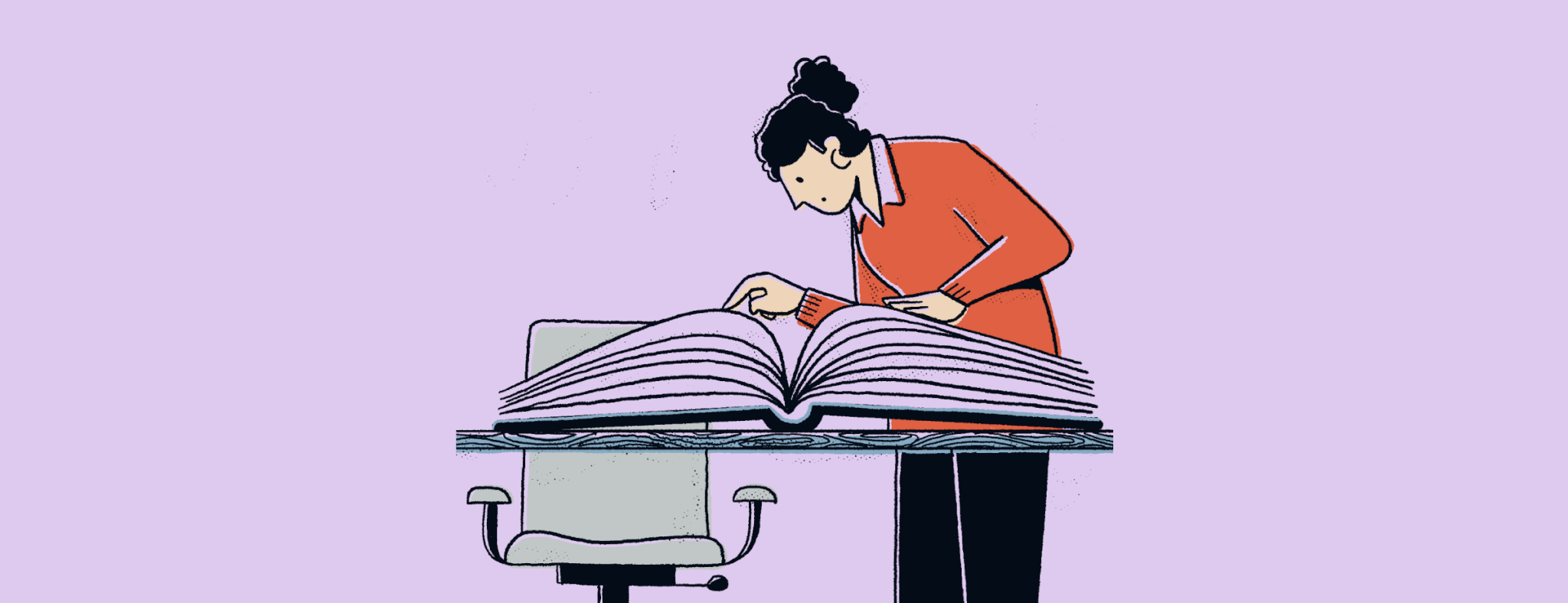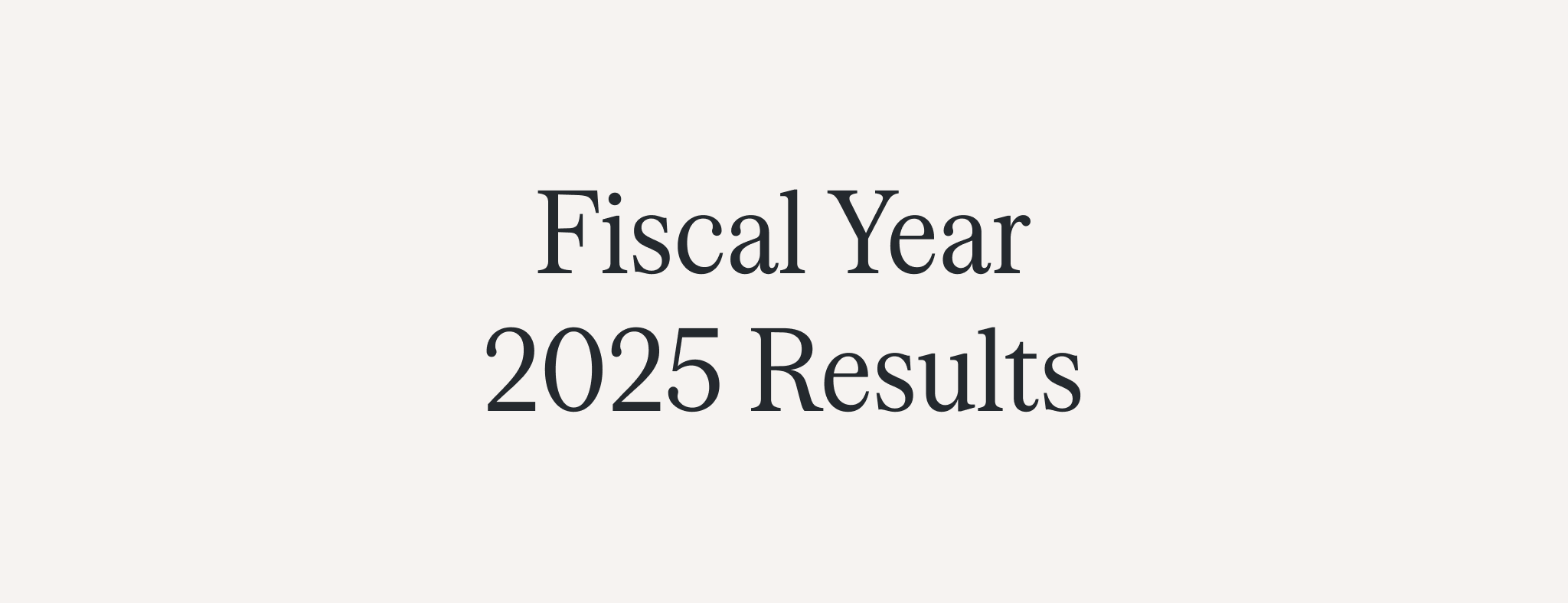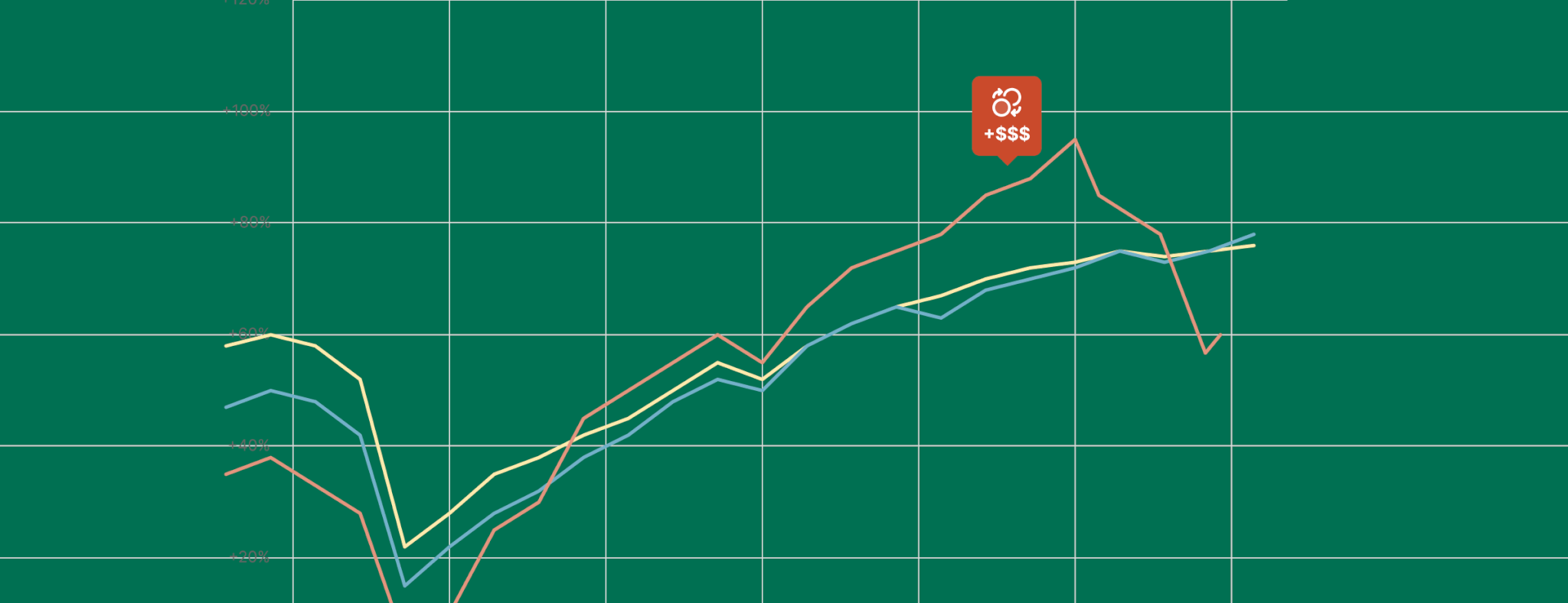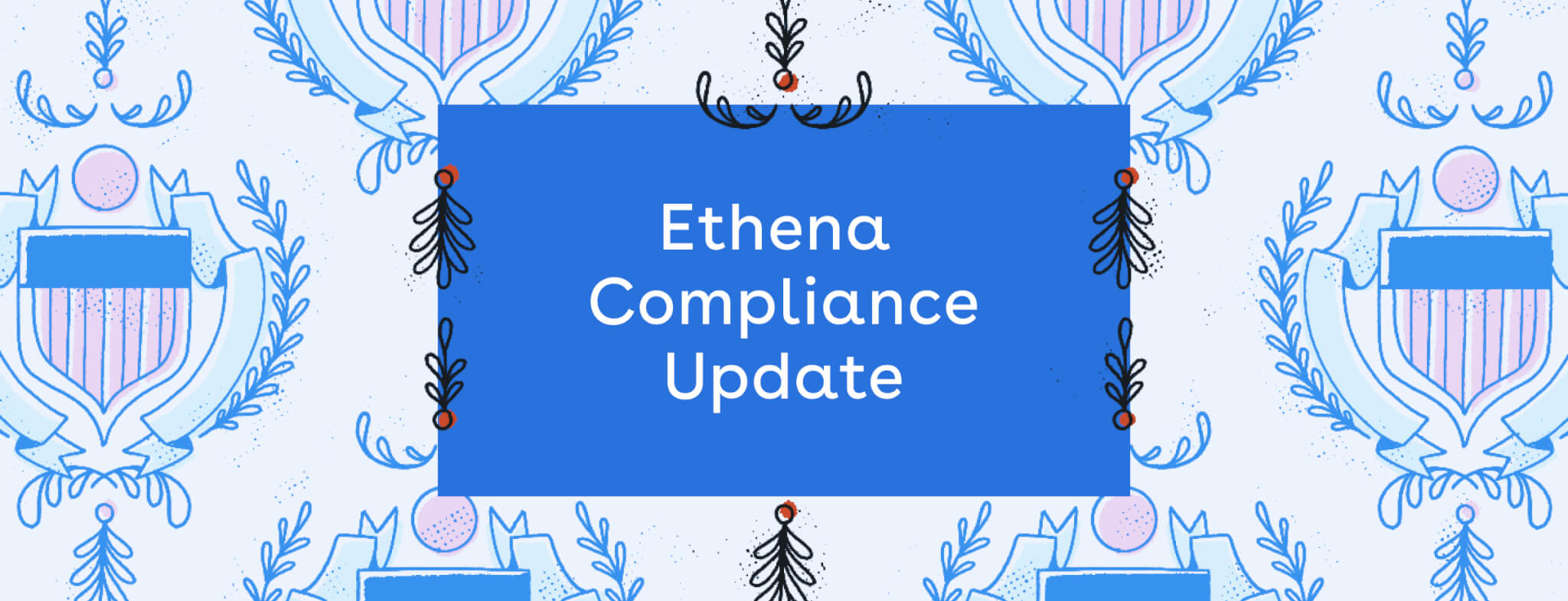Hi there,
I was all set to write about how gender impacts social media posting because I had a super interesting conversation with a People leader about that… but then, I had one of those rare blasts from the past, so now I’m writing about revisiting our former selves.
Plus, I heard there’s a redux of A Christmas Carol on Netflix that’s supposed to be good, so the idea of being visited by your former self is top of mind.
Okay, the phone call – a woman Harvard Reserve Officer Training Corps (ROTC) cadet got in touch with me recently, and because I will always have a place in my heart for the teeny tiny Venn diagram that is women at Harvard who are in Army ROTC, I got on a call with her to talk about what she wanted to talk about.
Now I’ll caveat this with: I’m not sure if anything I’m about to share is broadly applicable because, again, that particular Venn diagram is very tiny and you, dear reader, are not statistically likely to be a woman Army ROTC cadet at Harvard (call me if you are).
But the exercise of talking to my former self was really helpful. And I’d recommend you do that either through mentorship or through just sitting down with a glass of wine (eggnog is gross) and thinking about what you used to want to be.
Here’s what I told former me / current cadet:
CAREER ADVICE I'D GIVE TO MY YOUNGER SELF
Do the hard stuff first
The idea of getting up at 4:45AM to be cold, sweaty, or in any way hungry is abhorrent to me now. So it’s kind of wild for me to look back on my previous life and remember that I used to consistently get up early to be some version of uncomfortable.
One of the first questions the cadet asked me is what part of the Army she should try and go into. (The Army, like a business, has everything from finance and HR, to functions you saw on Saving Private Ryan, like Infantry and Armor. Fun fact: women can now enter all of these functions, which was not the case way back in 2009, when I entered).
While the Army’s version of “hard stuff” is quite literal, I think doing hard stuff early is good advice generally because spending time outside of your comfort zone is massively helpful.
Never feel bad about being “behind” your peers
At Harvard as an undergrad, it felt like 95% of my peers were going to be a doctor, lawyer, consultant, or banker. Everyone was on a track and each day, they were moving forward. So previous me, and the cadet, were worried that if we took four years to do something random, like join the circus or the Army, we’d be behind.
As it turns out, this particular feeling doesn’t, at least in my experience, totally go away with age. It’s still very easy to compare yourself to your “peer group” and feel behind.
But I told her that being on a generalist path and trying different, seemingly random things, is actually super helpful because, again, you’re outside of your comfort zone.
Keep your personal and professional circles separate
So what is it like being a woman in the army? I gave her my honest take: that being a woman in the Army was tough, weird, and great.
I told her how I had a few encounters that taught me to be hyper-vigilant about my physical safety. I told her about being cautious about men mentors because things happened but also, that the men who mentored me shaped who I am today and I’m so grateful for them.
I told her about how I often felt like I was awkward and didn’t quite fit in. The biggest compliment I could imagine getting at the time was hearing that I was, “one of the guys,” but I wasn’t. And I didn’t want to be.
I shared that the way I navigated all of this weirdness was that I kept a super strict separation between my personal and professional life. And then, go figure, ended up marrying a fellow Army cadet after we’d both gotten out.
And I told her that the Army would give her the phenomenal leadership experience that she’d rely on for the rest of her career.
Talk to former you
This short phone call helped me travel back in time and reflect on the past 15 years. If you get a chance, go and talk with your former self. It’s rewarding and also, a nice reminder that we’ve all traveled a long way, but still have (hopefully warm) miles left to go. By reflecting on advice we gave our past selves, we can even help future us too.
Until next time,
Roxanne Petraeus
CEO & Co-founder, Ethena
